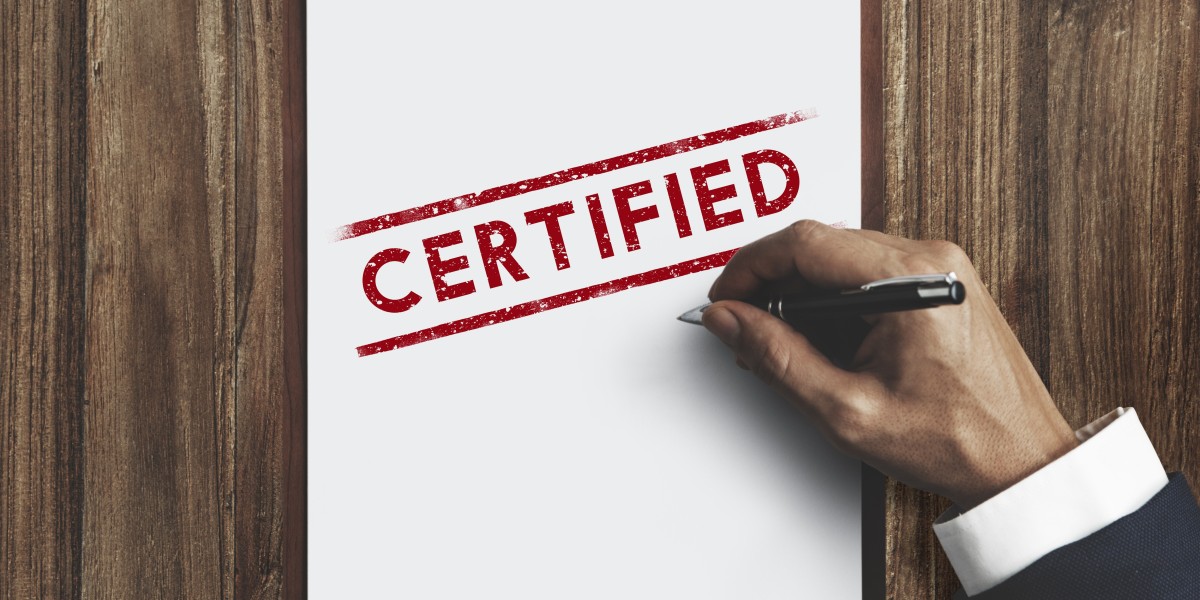Have you ever noticed a small kosher symbol on food packages or restaurant menus? That tiny label carries a lot of meaning. Kosher certification assures consumers that a product meets strict guidelines rooted in Jewish dietary laws — and these standards are followed closely from farm to fork. But kosher certification is not just for people who keep kosher; it has become a trusted mark of cleanliness, safety, and quality that appeals to a wide range of consumers.
What Is Kosher Certification?
Kosher certification is an official confirmation that food or drink complies with kashrut, the body of Jewish dietary laws. Companies work with accredited kosher certifiers who review every ingredient and every stage of production. The certifier looks at raw materials, food processing, food handling, equipment, and packaging to make sure everything meets kosher standards.
When the review is complete and all requirements have been met, the company can put a kosher symbol — also called a hechsher — on its product. Popular kosher symbols include OU, OK, Star-K, and KOF-K. Consumers recognize these symbols as a sign that the product was produced under strict kosher supervision.
Why Do Companies Get Kosher Certification?
More and more companies pursue kosher certification because it offers a competitive advantage. Kosher-certified products often stand out on store shelves and appeal to diverse consumers, including Jewish customers who keep kosher, people with halal diets, vegetarians, vegans, and those who follow specific dietary restrictions. Even those who don’t follow any particular diet appreciate kosher certification because they view it as a commitment to careful handling and food safety.
Retailers also like stocking kosher-certified foods because they can reach a broader audience. Supermarkets, restaurants, hotels, and catering companies appreciate kosher certification because it helps them cater to customers with specialized dietary needs — making kosher-certified items an easy way to attract and retain loyal clients.
What’s Involved in Getting Kosher Certification?
The kosher certification process is careful, structured, and transparent. First, the company submits an application with all ingredients and manufacturing processes clearly listed. A kosher supervisor — often a rabbi trained in kashrut — reviews the information. If any non-kosher ingredients appear, they must be replaced.
Next, the supervisor visits the facility to inspect the equipment, cooking surfaces, and production lines. Even a trace amount of non-kosher food can cause contamination, so the supervisor must make sure the factory follows strict separation and cleanliness protocols. If kosher and non-kosher products are produced in the same facility, the company must use specialized koshering processes or dedicated equipment for kosher items.
After all requirements are satisfied, the company receives kosher certification. This isn’t the end of the process, however. The kosher certifier will conduct regular inspections and audits to make sure the company continues to comply with kosher standards.
Why Kosher Certification Appeals Beyond Religion
Kosher certification started as a religious practice for Jewish people, but it has grown into a mainstream quality mark. Many consumers — even those who don’t practice Judaism — prefer kosher-certified food for its emphasis on cleanliness, proper labeling, and ethical handling of animals.
Vegetarians and vegans often look for kosher certification too. Since kosher laws separate dairy and meat, foods labeled as pareve (neither meat nor dairy) help vegans and lactose-intolerant customers easily identify safe options. This kind of transparency simplifies shopping and reduces the risk of accidentally buying products that contain animal-derived ingredients.
People with food allergies also appreciate kosher-certified products because kosher requirements mandate thorough equipment cleaning between meat, dairy, and pareve production. This extra care can lower the chance of cross-contact with allergens like milk or meat proteins.
Kosher Certification Beyond Food
Although most people associate kosher certification with food and beverages, its reach extends further. Products like vitamins, supplements, cookware, personal care items, soaps, and even toothpaste may also be certified kosher. This level of oversight appeals to people who want the same strict cleanliness and ethical practices across all their purchases.
And as consumers grow more conscious of where their products come from, kosher certification provides a visible assurance that companies are serious about high standards and transparency.
Conclusion
Kosher certification is much more than a religious label — it is a sign of careful oversight, cleanliness, and attention to detail. Companies that pursue kosher certification earn the trust of a broad customer base looking for safe, high-quality, and transparent products.
Whether you follow Jewish dietary laws or simply appreciate the extra level of assurance, kosher certification simplifies your buying decisions. It’s an independent promise that what you put on your table meets rigorous standards every step of the way.








